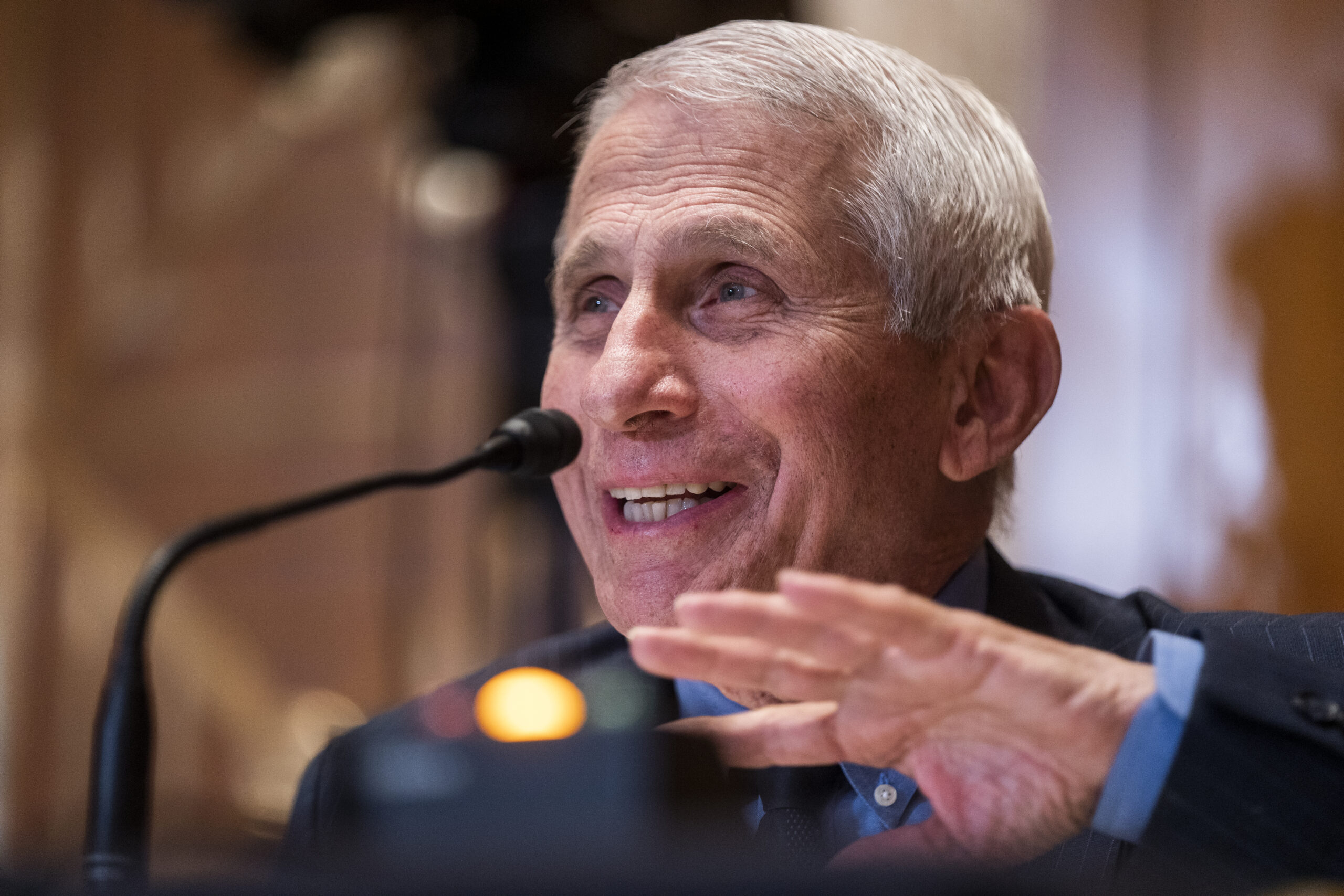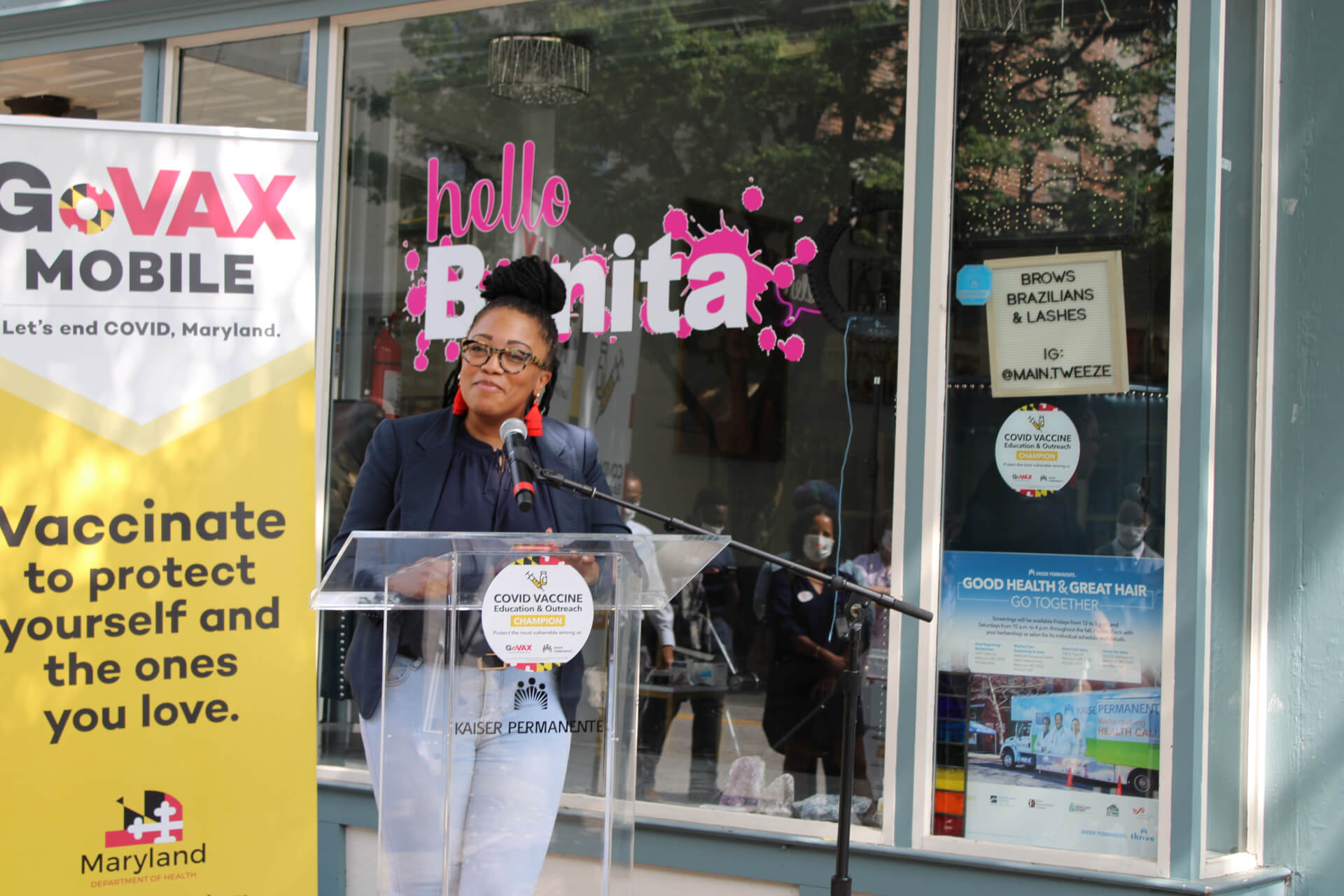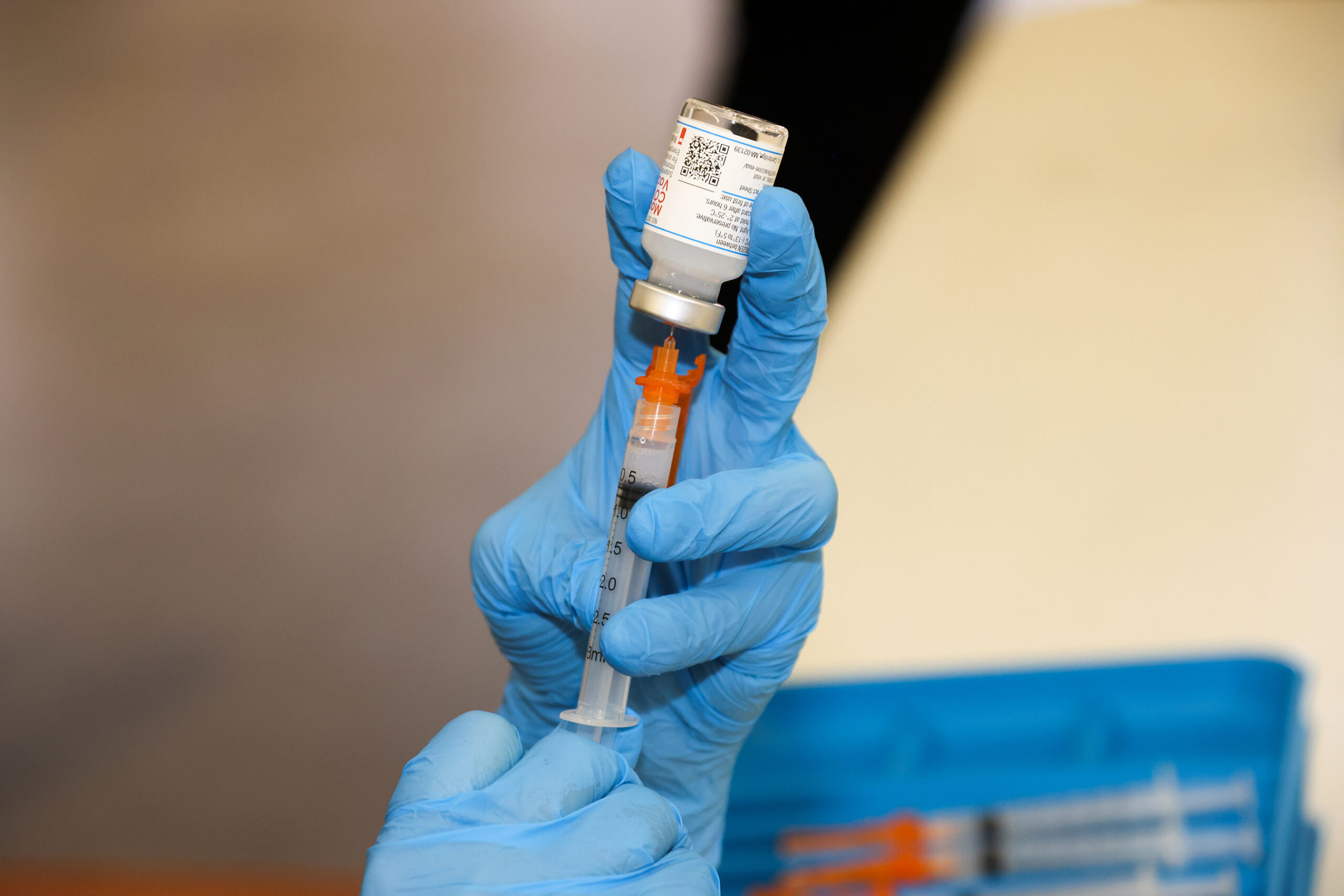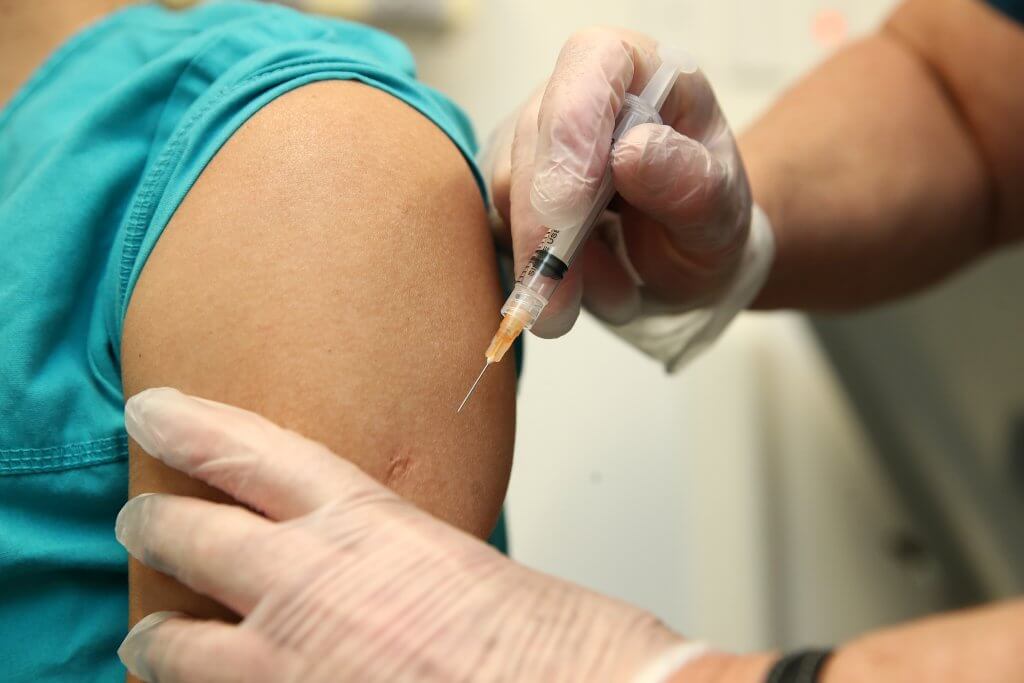Anthony Fauci, leader on federal COVID response, to step down in December

Anthony Fauci, one of the federal government’s leading public health figures, announced Monday he’ll be leaving his post in December, though he made clear he’s not retiring.
The 81-year-old doctor who runs the National Institute of Allergy and Infectious Diseases, which is part of the National Institutes of Health, became a household name during the COVID-19 pandemic as a consistent, medically focused and rational voice.
“Because of Dr. Fauci’s many contributions to public health, lives here in the United States and around the world have been saved,” President Joe Biden said in a statement. “As he leaves his position in the U.S. Government, I know the American people and the entire world will continue to benefit from Dr. Fauci’s expertise in whatever he does next.”
While Fauci is leaving as NIAID director after nearly four decades, he plans to continue working, though he declined to say Monday in his statement exactly what his next role will be.
“I want to use what I have learned as NIAID Director to continue to advance science and public health and to inspire and mentor the next generation of scientific leaders as they help prepare the world to face future infectious disease threats,” Fauci said.
Fauci will not just leave behind his role as NIAID director, but his position as chief of the NIAID Laboratory of Immunoregulation and Biden’s chief medical adviser.
Fauci has researched numerous illnesses throughout his career, including HIV/AIDS, respiratory infections, tuberculosis, malaria, Ebola and Zika.
He’s advised seven different presidents on “on global HIV/AIDS issues, and on initiatives to bolster medical and public health preparedness against emerging infectious disease threats such as pandemic influenza and COVID-19,” according to his biography.
Fauci is most well known for his role explaining COVID-19 to Americans during the first weeks and months of the outbreak in 2020, though he later became something of a boogeyman for conservative politicians and commentators as the pandemic dragged on, and pharmaceutical companies debuted vaccines.
During the past few months, he’s become a leader in the federal government’s response to the recent monkeypox outbreak, which the U.S. Department of Health and Human Services declared a public health emergency earlier this month.
Biden said Monday that Fauci has his “deepest thanks for his public service.”




 Creative Commons Attribution
Creative Commons Attribution